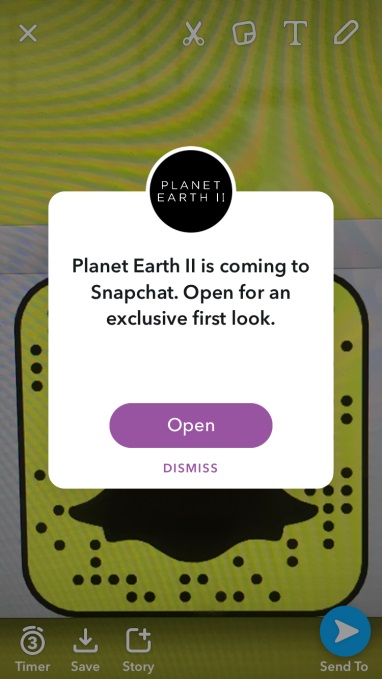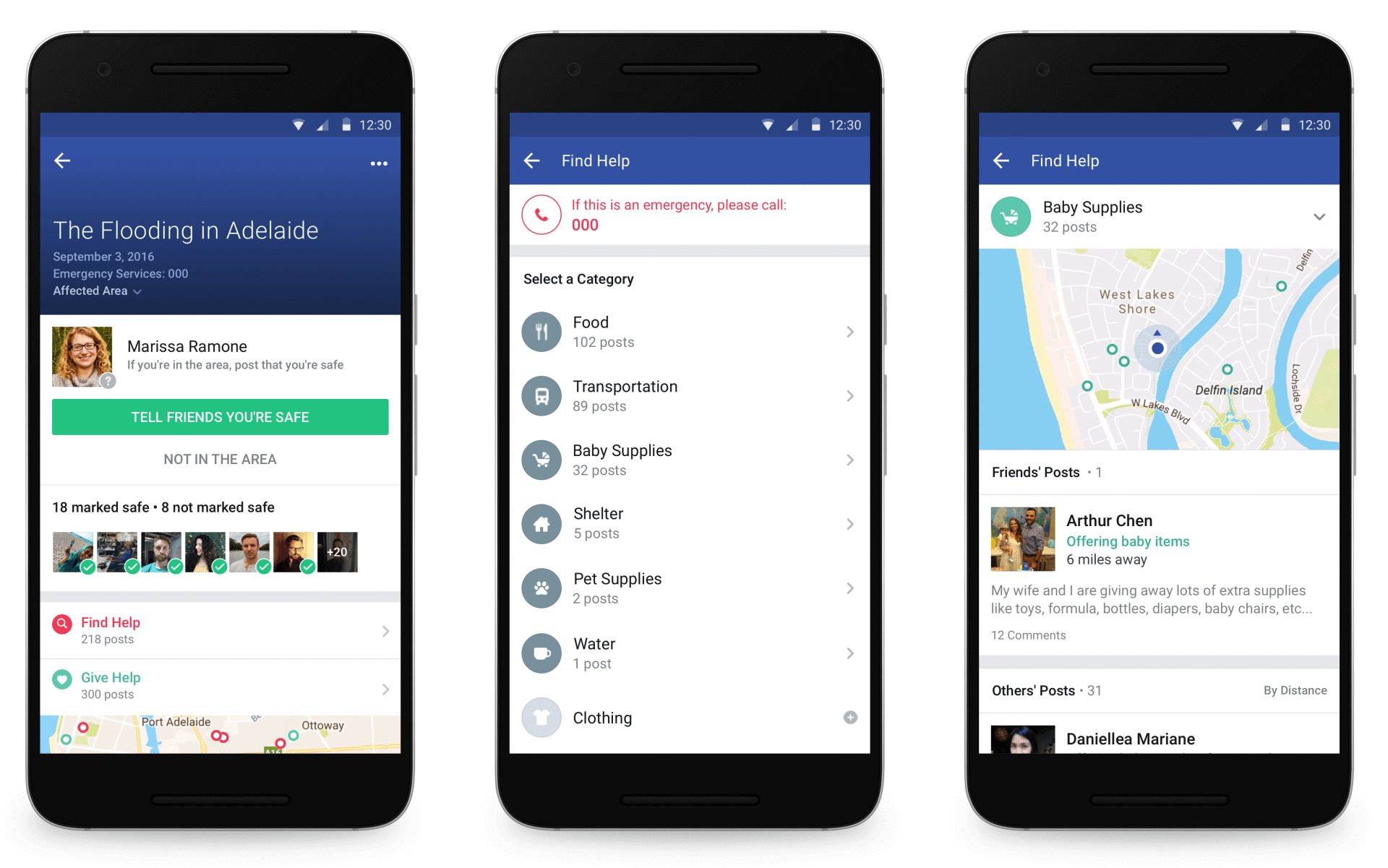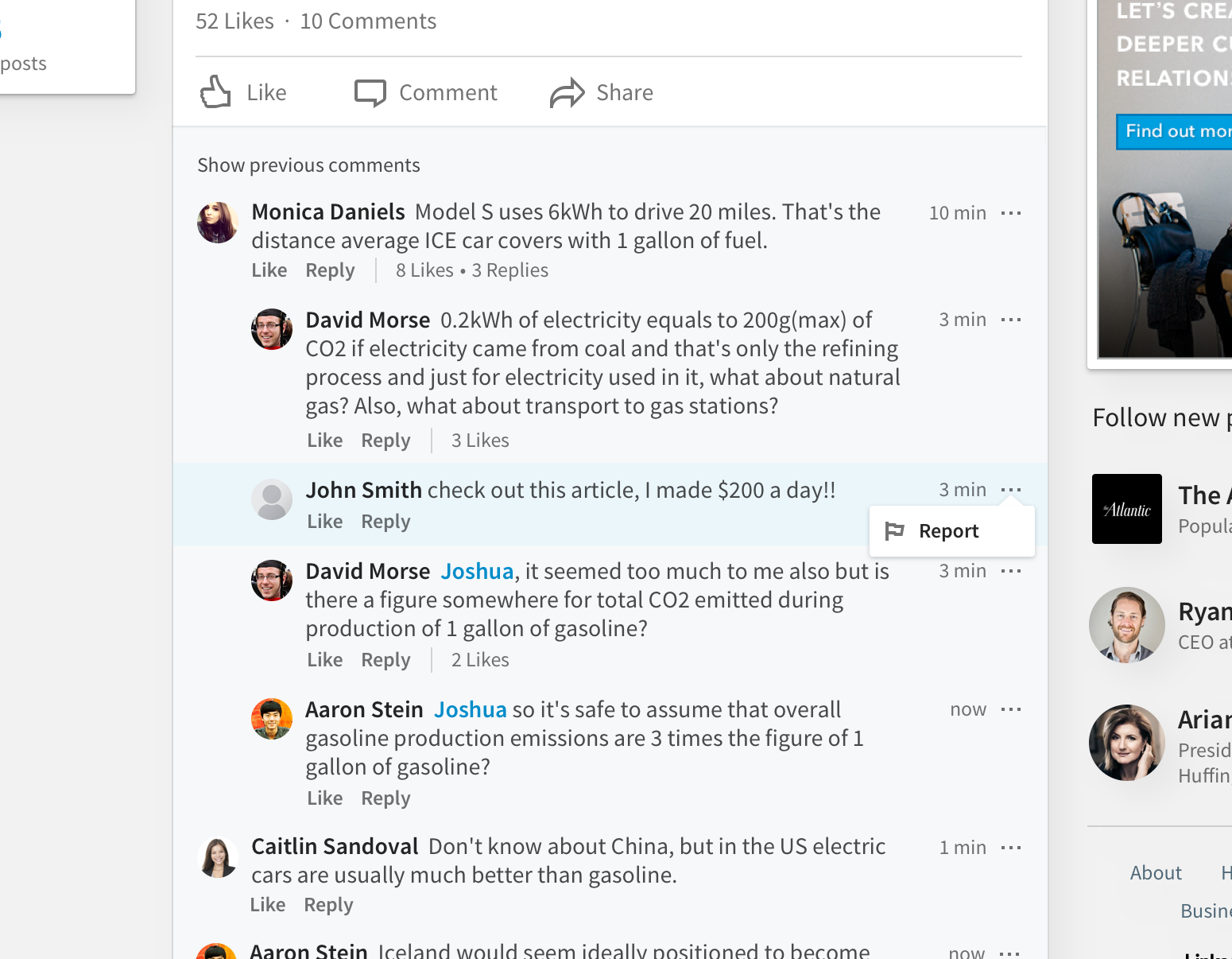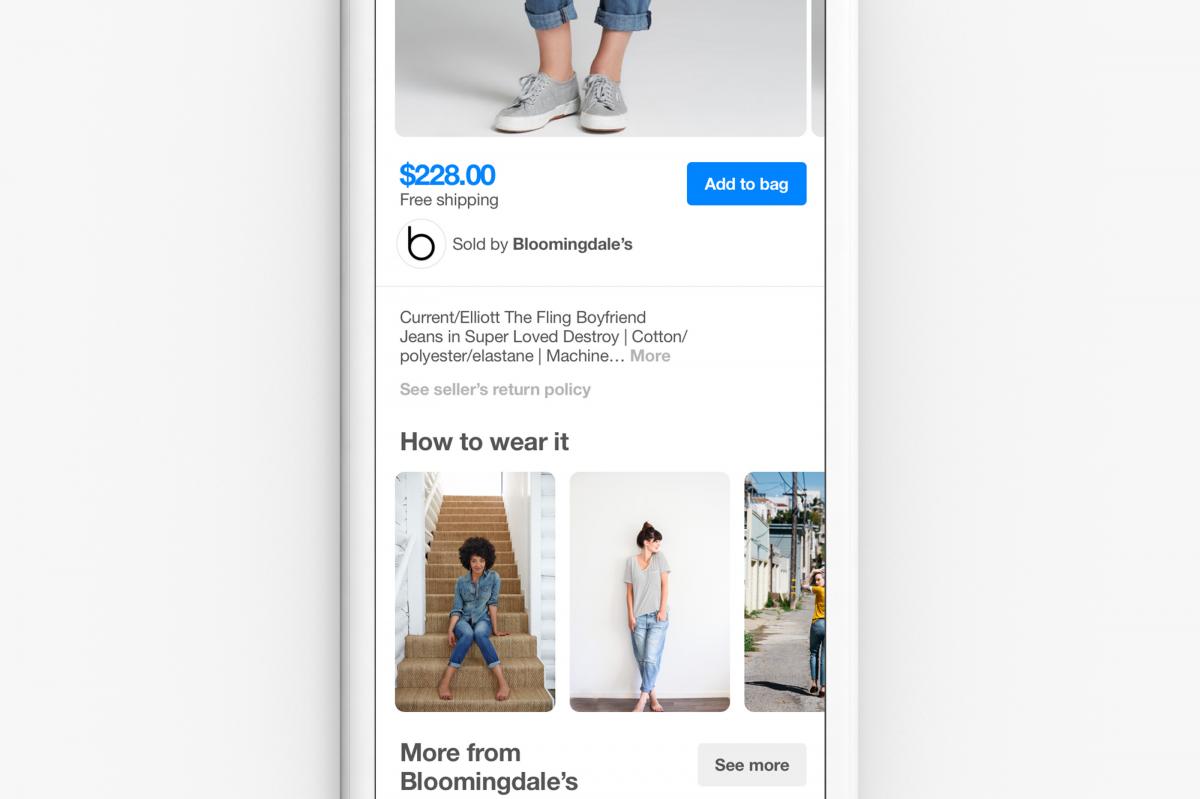The week in social: Facebook Lite, YouTube live streaming, and Pinterest visual discovery
Snapchat will serve miniature episodes of Planet Earth II
Although Planet Earth II has already debuted in the UK, US and Canadian audiences haven’t had a chance to view it yet, and they are getting an early sneak-peek ahead of the broadcast scheduled debut on February 18th. Using Snapchat’s Discover, users will get a chance to view mini-episodes on February 17th, a full day early, with each episode about four to six minutes in length. The episodes will have a different narrator and not have 4k video, potentially to encourage users to still tune into the broadcast debut.

Read more on AdWeek.
YouTube creators with more than 10k followers can now live stream on mobile
A feature that the YouTube creator community has been clamoring for, creators with 10k or more followers can now do live streaming to their audiences through mobile devices. An official blog post from YouTube was quick to point out that live streaming has been available in some form on the service as far back as 2011, and that for users that have less than 10k subscribers, they would soon have access to the same feature set. In addition, a new version of monetized chat will become available, where audience members of a live stream can purchase prioritized chat messages that stay on top of the feed for specific amount of time and make it easier to grab a creator’s attention.
More information on YouTube Blog.
Facebook enhances Safety Check service
A feature announced in 2014 as a way of helping people mark themselves as safe during a crisis, Facebook is looking to expand its Safety Check feature to help members of communities help each other out during these same incidents. The new addition, called Community Help, will allow users to find and provide shelter, food, and transportation, protection and more during a crisis. Users can message each other directly with requests and offers, and posts can be searched by location to provide more exact results. For the Safety Check service to activate, Facebook must receive a notification from a global crisis monitoring agency.

Read more on Facebook Newsroom.
LinkedIn users can now turn off comments on their articles
In an effort to give users more control over how content they publish is responded to by the wider community, LinkedIn has introduced two new key features; first, letting users disable comments and their posts, and second, reporting comments of inappropriate nature. LinkedIn stated in their blog post announcing this news that they are constantly monitoring for inappropriate comments, but that a direct flag can help immediately hide the comment.

Read more on LinkedIn Blog.
Facebook lets users check the weather right in the app
A new way for Facebook to keep its users in the app for even longer, the service is now introducing an easy way to check the local weather. The weather can now be viewed straight in the news feed when a user opens the app (this version if more just a summary and an update from a previously available version), or they can access the app’s ‘More’ menu to get a full forecast for up to a week ahead. The updated weather greeting is rolled out to approximately 95% of the existing Facebook user-base. The data for the weather in the Facebook app comes from Weather.com’s API.
More information on TechCrunch.
Facebook Lite hits a new user milestone
Facebook Lite has just reached 200 million monthly active users, an increase of 100% since the last major reported MAU number in March of 2016. Facebook Lite is a lower data consumption version of the core Facebook mobile app, and has gained increasing popularity in developing nations. The service launched in early 2015 and has been quickly growing in usage since then. The app extends to businesses as well, as the Lite app is being used by some Page owners to manage their Pages while on the go.
More information on AdWeek.
Pinterest debuts new visual discovery tools
Pinterest has just launched three new tools to help with content discovery; Lens, Instant Ideas, and Shop the Look. Lens works through the smartphone camera, where a user can take a picture of something they see, and Pinterest curates a list of similar items. Shop the Look is a method of seamlessly allowing users to shop for the individual items they see in Pinterest pins that feature multiple items, and within individual pins such as clothing items, the pin will be shown with multiple ways to style it to give users ideas. Lastly, Instant Ideas is a tool that allows users to customize their home feeds more effectively through just clicking an icon on the bottom right of any pin that appears on their home feed, which will then add similar content to the feed thereafter.

Read more on Pinterest Engineering Blog.
WhatsApp now has two step verification
Two step verification for WhatsApp accounts was previously only available in beta, but now the feature has launched to all users. The verification is an optional second step that prompts the user for a passcode, as a way of providing periodic additional security. Users can also provide an email address which can be sent a link to disable the feature if the passcode is ever forgotten. The passcode would also need to be used if a new device is ever being setup with the WhatsApp service, if enabled.
More information on Engadget.
Facebook updates ad policies to halt discriminatory advertising
In an effort to prevent intentional and unintentional discriminatory advertising, Facebook has taken several steps to enforce new rules and educator advertisers. First, updated Facebook advertising policies make it clear that advertising may not discriminate users based on national origin, race, ethnicity, age, sex, sexual orientation, and several other parameters. Second, Facebook has assembled a range of tools to help educate advertisers with material from government agencies and civil rights organizations, as part of the Advertising Policies section. Lastly, stronger enforcement tools that are based on machine learning, allowing Facebook to service notices and block advertising that violates policy.
More information on Facebook Newsroom.
Twitter is working to make its platform safer for users
The latest of safety updates from Twitter, the platform is planning to collapse tweets that are seem to be abusive or ‘low-quality’ tweets, which can otherwise be called spam. Twitter is rife with fake accounts, and collapsing content that is create by them by default will go a long way towards cleaning up the news feed, along with Twitter’s efforts to stop the creation of fake accounts in the first place. Twitter said that collapsed low-quality tweets will be rolling out in the coming weeks, and users who seek them out for any particular reason may still be able to view them.
More information on Twitter Blog.